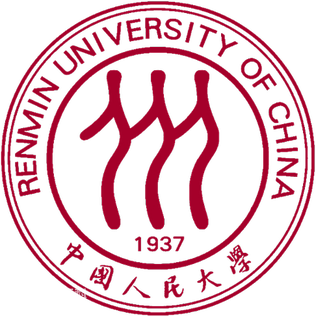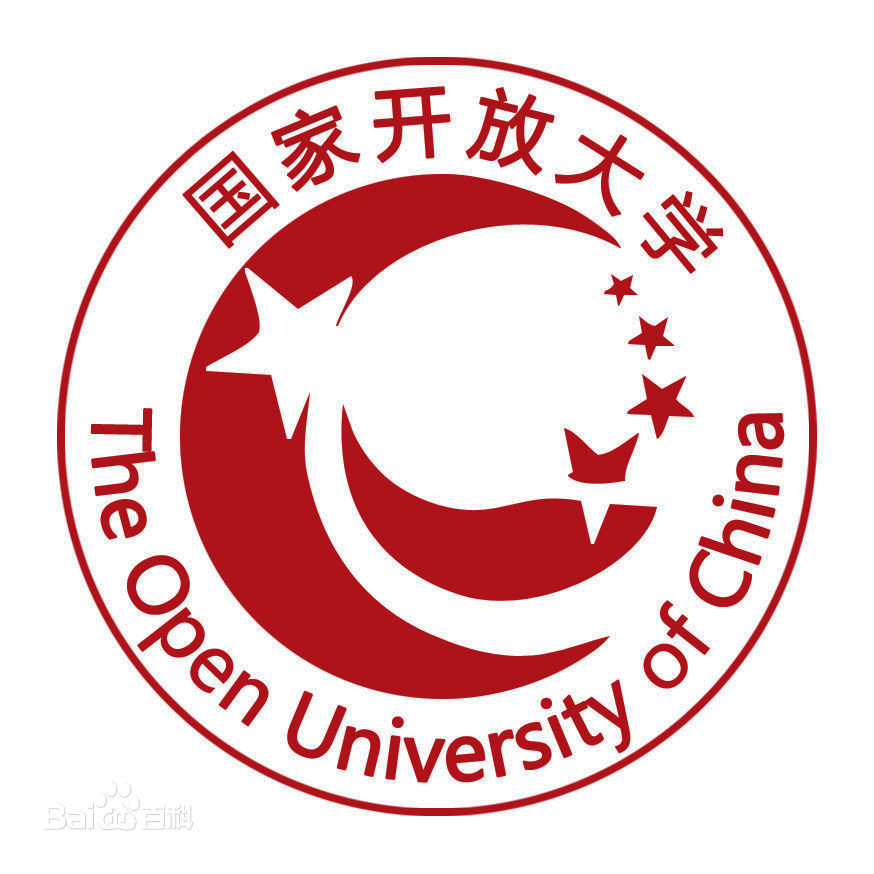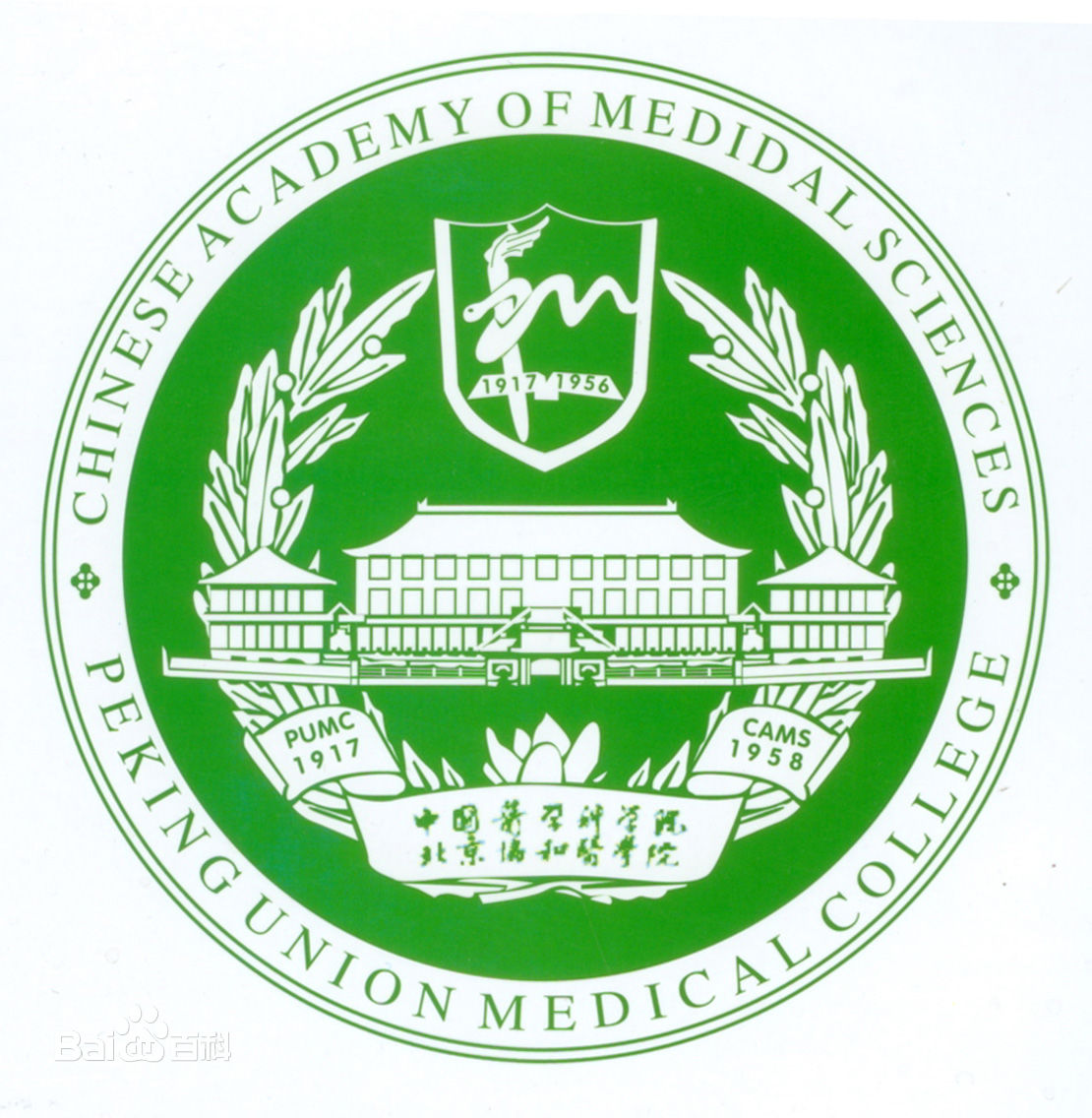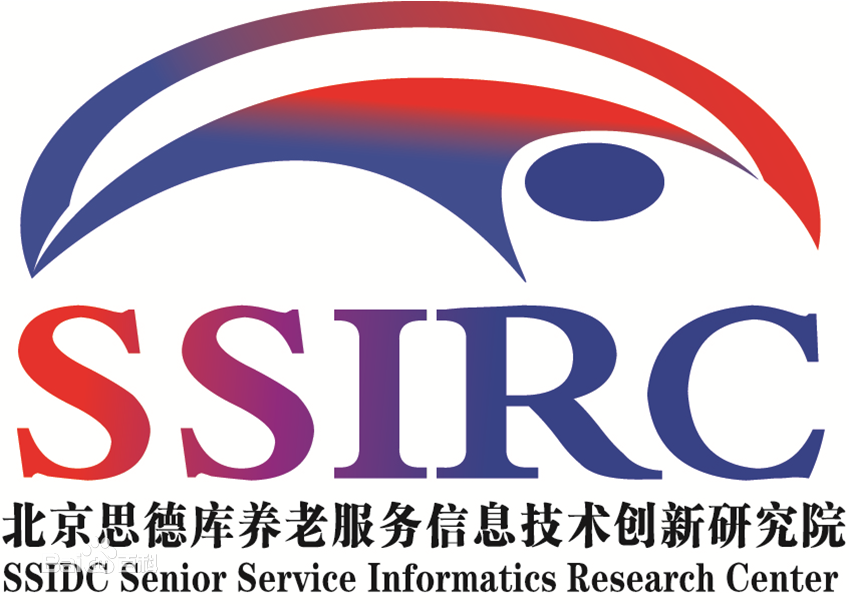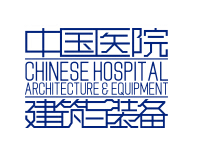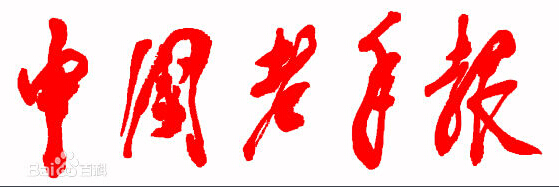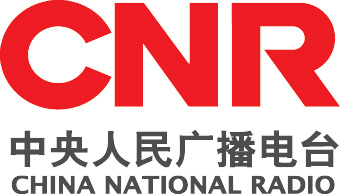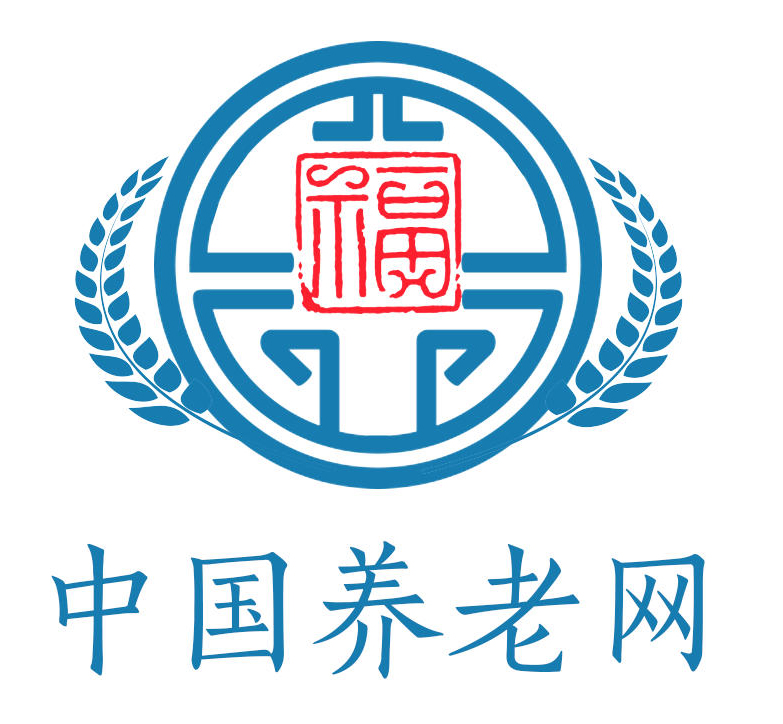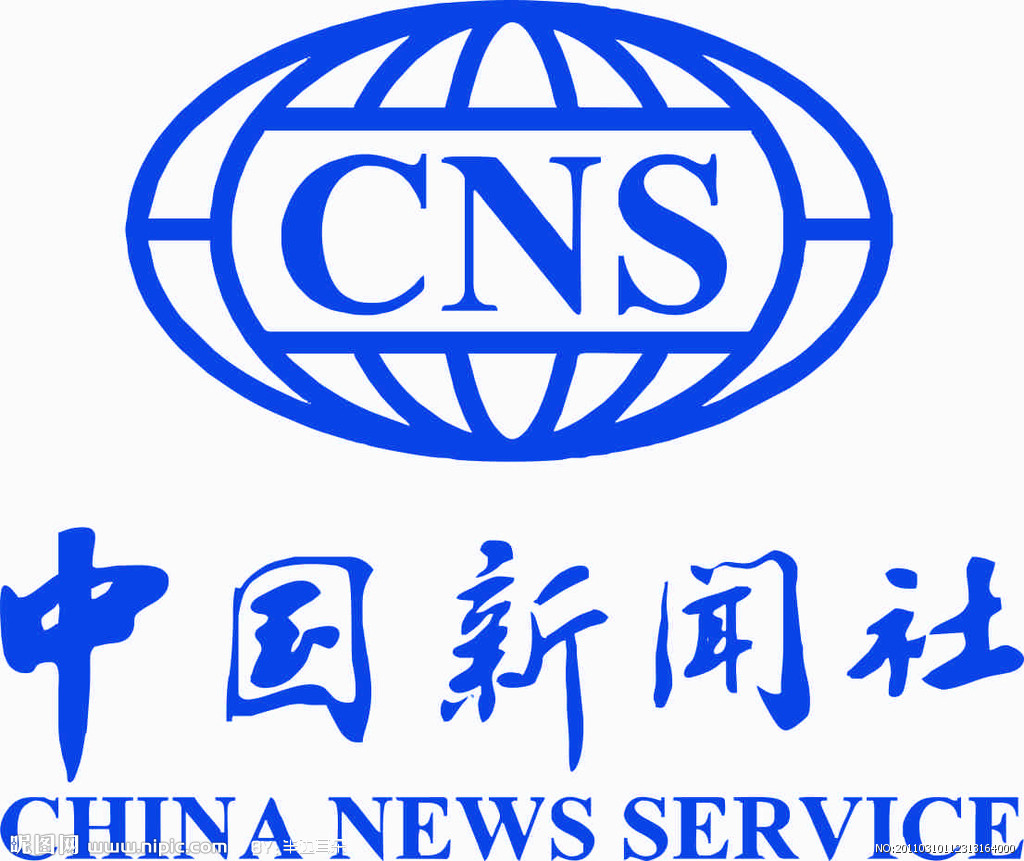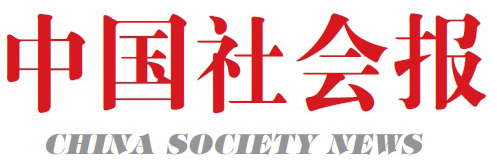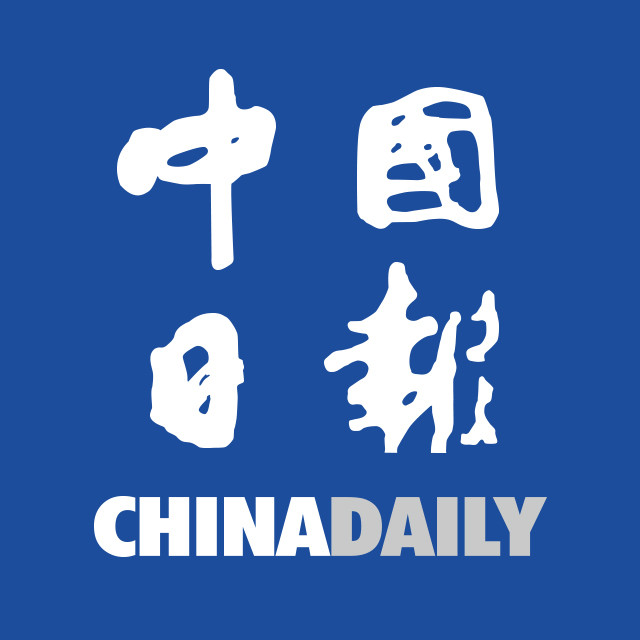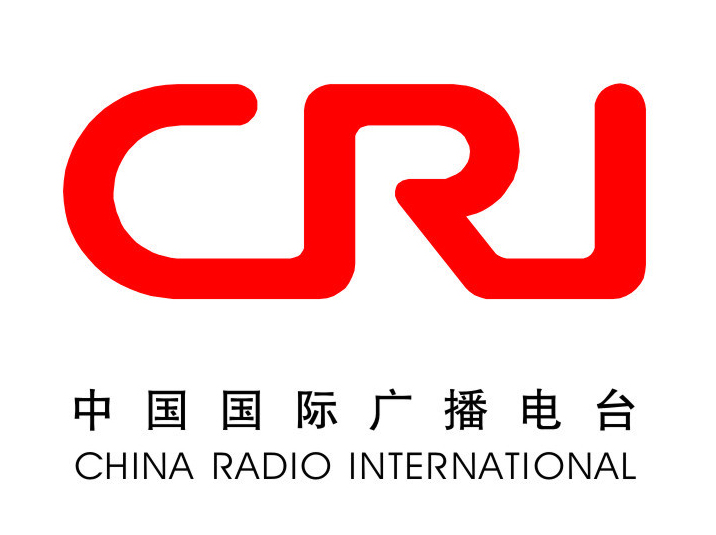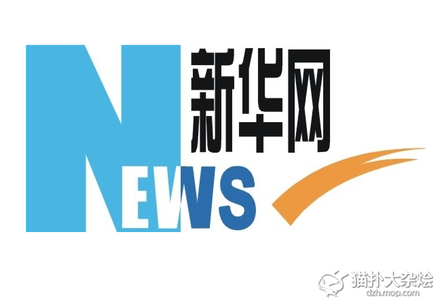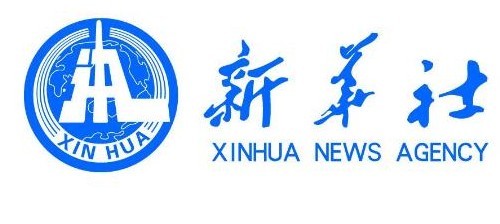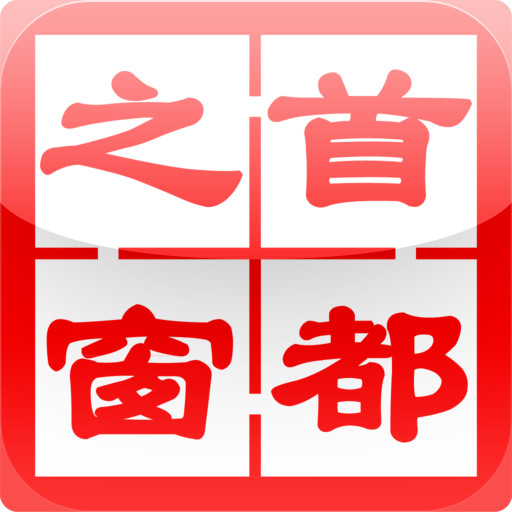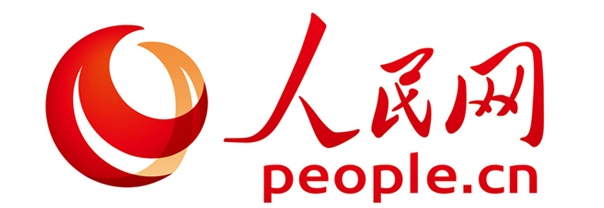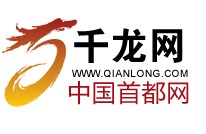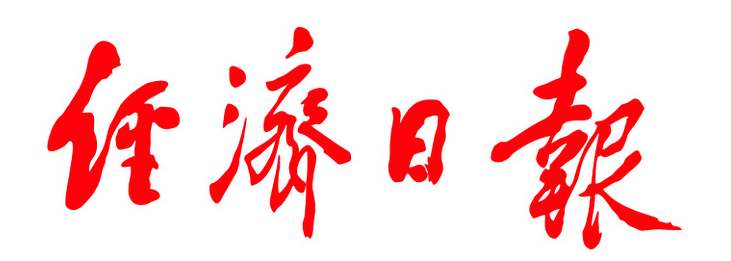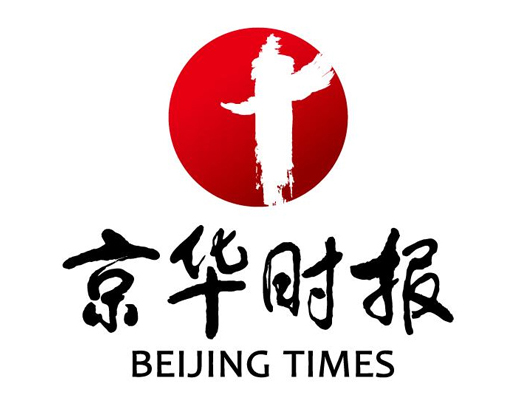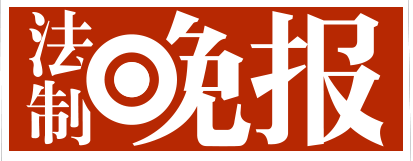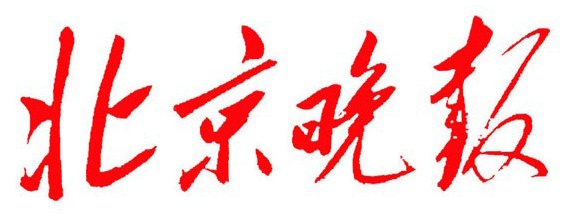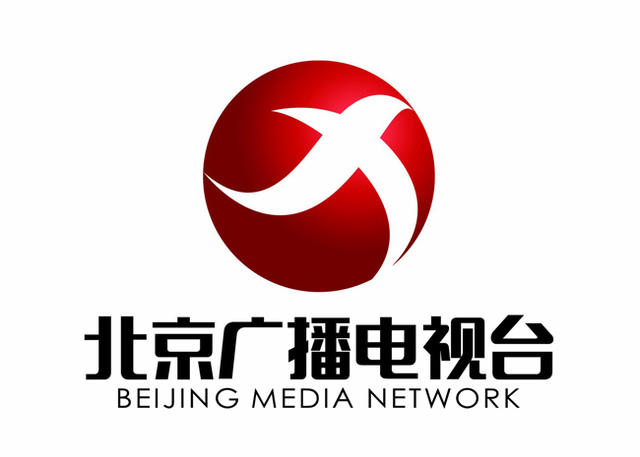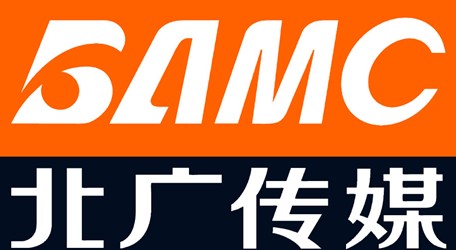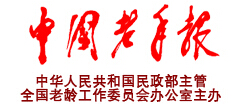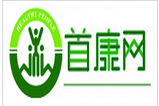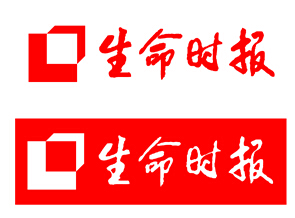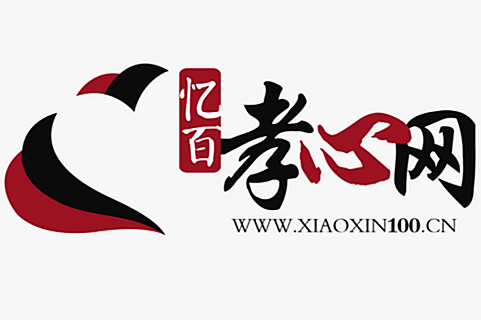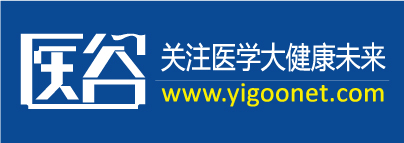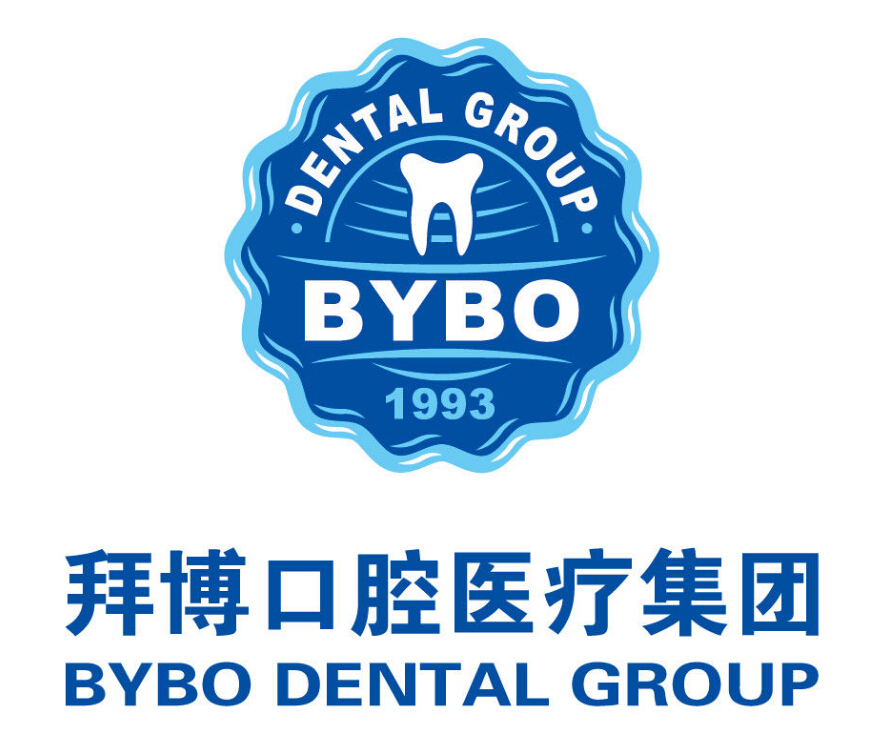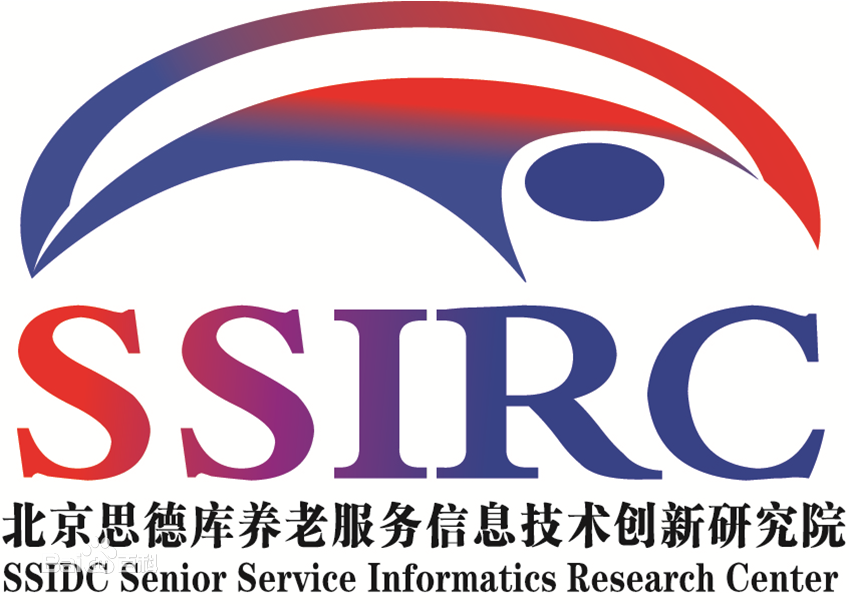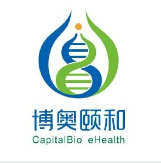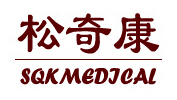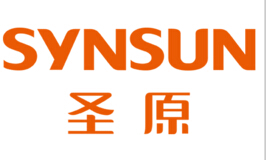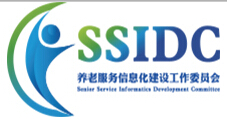
August 22-24,2019
A few days ago, General Office of the Communist Party of China and General Office of the State Council printed notification of Regulations on National Health Commission of the People’s Republic of China Functional Configuration, Internal Organization and Staffing, in which those three “three decide ” the stipulation were confirmed and officially printed. It also identified the responsibilities of the Ministry of Civil Affairs and the National Health Commission of the People’s Republic of China.
Notification confirmed the major responsibilities of National Health Commission of the People’s Republic of China, of which items three were closely related to working of aging, health care for the elderly.
1.Organizing to formulate and coordinating to implement policies and measures to cope with aging population, responsible for promoting the construction of elderly health service system and the integration of senior care and medical service.
2.Administering State Administration of Traditional Chinese Medicine of the People's Republic of China, taking charging of China Silver Association, guiding the professional work of China Family Planning Association.
3.Promoting the implementation of Healthy China strategy. Positively respond to the aging population and perfect health service system.
Among all the responsibilities of National Health Commission of the People’s Republic of China, the following ones are related to work of aging and pension,
1.Responsibilities in relations to Ministry of Civil Affairs. National Health Commission of the People’s Republic of China is responsible for formulating policies and measures to cope with the aging population and the integration of senior care and medical service, comprehensively coordinating, supervising and guiding, organizing and promoting the development of aging industry, and undertaking the work of prevention and control of geriatric diseases, medical care for the elderly, mental health and care services for the elderly and other elderly are work.
Ministry of Civil Affairs is responsible for the overall planning, supervision and guidance, supervise and manage senior service work, formulating and implementing plans, regulations, policies and standards for the construction of senior service system, and undertaking the welfare of the elderly and the help-seeking work of the elderly with special difficulties.
Internal Organization of National Health Commission of the People’s Republic of China,
1.General Office:
Responsible for daily operation, undertake security, confidentiality, visits and government affairs openness.
2.Department of Human Resources:
Formulate policies for the development of health professionals, undertake HR management, organizational structure and team building, and take charge of the qualification management of health professionals and technicians.
3.Department of Planning and Development and Informatization:
Undertake the coordination and promotion of Healthy China strategy, organize and formulate medium and long-term plans for the development of health career, guide the construction of health service system and informatization, organize and carry out patriotic health campaigns and health statistics. Take the lead in the Framework Convention on Tobacco Control.
4.Department of Finance:
Undertake the budget and final accounts, finance, asset management and internal audit of the organs and budget management units.
5.Department of Laws and Regulations:
Organize the drafting of laws and regulations, rules and standards, undertake the legality review of normative documents, undertake administrative reconsideration, administrative litigation.
6.Department of Institutional Reform:
Undertake the specific work of deepening the reform of the medical and health system, and to put forward major principles, policies and measures for deepening the reform of the medical and health system, and undertake the work of organizing and promoting the comprehensive reform of public hospitals.
7.Bureau of disease control and Prevention:
Formulate interventions for major disease prevention and control programs, national immunizations, and public health problems that seriously endanger people's health and organize implementation, improve disease prevention and control systems, and undertake information dissemination on infectious disease epidemics.
8.Medical administration and Hospital Authority:
Formulate industrial management policy plans and standards for medical institutions and medical personnel, medical technology applications, medical quality and safety, medical services, blood donation institutions management and work style construction, and supervise implementation, and undertake the promotion of the development of nursing and rehabilitation undertakings. Draw up the operation supervision, performance evaluation and assessment system of public hospitals.
9.Department of Primary Health and Wellness:
Formulate and implement health policies, standards and norms at the grass-roots level, and guide the construction of health service system at the grass-roots level and the related management of rural doctors.
10.Health Emergency Office (Emergency Command Center for Public Health Emergencies):
To undertake the work of health emergency and emergency medical rescue, organize the preparation of special plans, and undertake the organization, implementation, guidance and supervision of pre-plan drills. Guide health emergency response system and capacity building. Issue emergency response on public health emergencies.
11.Department of Science and Technology Education:
Formulate health science and technology development plans and related policies and organize implementation. Undertake laboratory biosafety supervision. Organize post-graduate medical education and continuing education for residents, specialist doctors, etc., and coordinate and guide the medical college education .
12.Comprehensive Supervision Bureau:
Undertake work of public health, medical and health supervision, investigate and deal with illegal activities in the medical service market. Organize and carry out school hygiene, public places sanitation, drinking water hygiene and infectious disease prevention and treatment. Perfect the comprehensive supervision system and guide the implementation of law enforcement.
13.Department of Drug Policy and Essential Medicines:
Perfect the national essential drug system and organize the formulation of national drug policies and essential medicines. Conduct drug use monitoring, clinical comprehensive evaluation and early warning of shortage of drugs. Put forward proposals for a drug price policy and an incentive support policy for drug production in the National Essential Drugs List.
14.Department of Food safety Standards and Monitoring and Evaluation:
Organize the formulation of national food safety standards, conduct food safety risk monitoring, assessment and exchange, and undertake safety review of new food ingredients, new varieties of food additive , and new varieties of food-related products.
15.Department of Ageing Health:
Organize the formulation and coordination of implementing policies and measures to address ageing. Organize the formulation of policies, standards and norms of integration of medical service and senior care, establish and improve the elderly health service system. Undertake the specific work of the National Working Commission on Aging.
16.Department of Maternal and Child Health:
Formulate maternal and child health and health policies, standards and norms, promote the construction of maternal and child health service systems, and guide maternal and child health, prevention and treatment of birth defects, early development of infants and young children, human fertility reproductive technology management and reproductive technology services.
17.Department of Occupational Health:
Formulate related policies, standards of occupational health and radiological health, and organize implementation. Conduct key occupational disease surveillance, special investigation, occupational health risk assessment and occupational group health management. Coordinate work of occupational disease prevention and control.
18.Department of Population Monitoring and Family Development:
Undertake the work of population monitoring and early warning and put forward relevant policy recommendations on population and family development, improve the fertility policy and organize its implementation. Establish and perfect the support system for families practicing family planning.
19.Publicity Department:
Organize and carry out health propaganda, health education and health promotion activities, and undertake the popularization of health science, news and information dissemination.
20.Department of International Cooperation(Hong Kong, Macao and Taiwan Office):
Organize and guide international exchanges and cooperation, external publicity, and aid abroad in the field of health, carry out exchanges and cooperation in Hong Kong, Macao and Taiwan, and undertake foreign affairs management of the organs and units directly affiliated.
21.Healthcare Bureau.:
Responsible for the medical and health care of the central health care objects, the medical and health care management work of the relevant cadres of the central department, and the medical and health security work of the important meetings and major activities of the Party and the country.
22.Party Committee of Organs:
Responsible for the work of Party of the organs and groups directly subordinate to the organ in Beijing.
23.Bureau of Retired Cadres:
Responsible for the work of retired cadres and guide the work of retired cadres in subordinate units.



